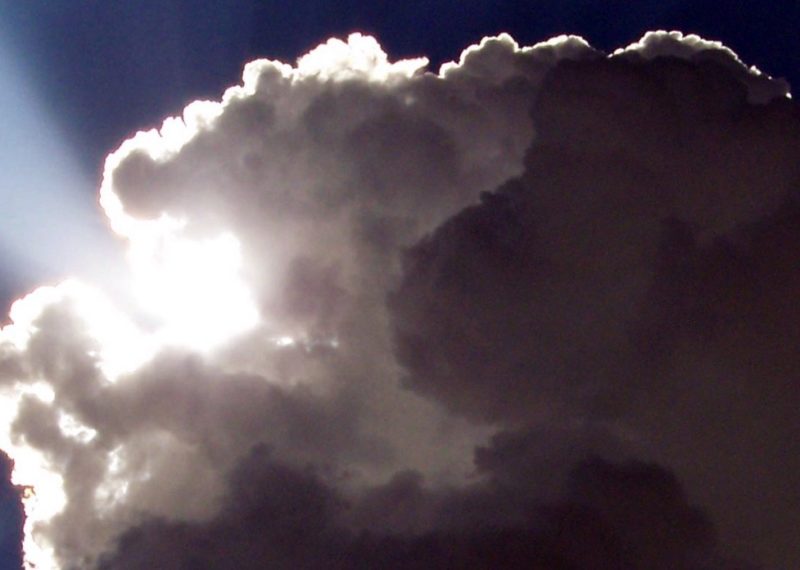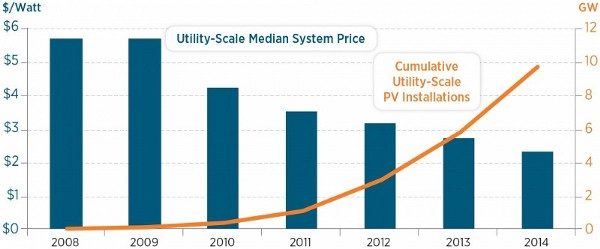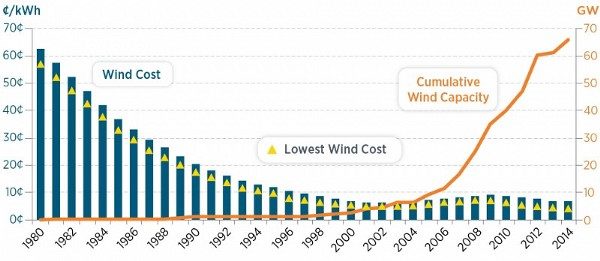It garnered little mention in the endless cycle of election news. Moderators did not ask about it in any of the presidential debates. But climate change should have been at the center of the race for the White House: The next president, Donald Trump, will make decisions that will reverberate for centuries, impacting the lives of people we will never meet.
Many people are fearing the worst. Trump, an avowed climate denier, has pledged to kill the Clean Power Plan, end clean energy research and development, and pull out of the Paris Agreement. Together, his policies could kneecap national and international efforts to curb global warming.
But there are things that the president cannot take away.
1. Cities and states are the new front lines in the fight to stop global warming.
Progress will move to the local level, which is arguably where it needed to be, anyway. Cities are responsible for an estimated 75 percent of global carbon emissions, and local leaders have the power to shape electric grids and transportation systems. Cities like New York, Portland, and Los Angeles — which just passed a massive public transportation investment measure — are showing us how it’s done.
Among states, some of the biggest polluters, such as California and New York, are leading the charge on climate change. Even some red states, including major emitters like Texas, are turning to clean energy because it’s profitable.

2. Clean energy is getting cheaper every day.
Prices for solar panels, wind turbines, and electric cars are falling as producers refine technologies, improve manufacturing, and reach the economies of scale needed to further drive down costs. Expect this trend to continue even as pro-climate policies are scaled back.
3. The Paris Agreement isn’t totally screwed.
It’s true that if Trump guts Obama’s climate agenda, trust would erode between the U.S. and other nations. Climate is a global problem, and without U.S. leadership, it’s possible that other countries would start to back away from their carbon-cutting commitments.
But Trump can’t just back out of the agreement. As Thomas Hale of Climate Home explained:
If Trump withdraws from [the Paris Agreement], as he has promised, it will take four years before the U.S. actually leaves (or one year to leave the overarching UN climate convention). And, because of clever drafting that elides the U.S. Senate, a new President could instantly re-ratify the Agreement after he or she comes into office.
And countries like China and India have their own incentives to combat air pollution and climate change. China, now the world’s largest polluter, has ambitious plans to stem carbon emissions.

4. Americans love clean energy.
Climate change policies may be contentious, but clean energy is not. Everyone — Democrats and Republicans alike — wants more wind and solar. Last night, voters in Florida showed us just how much by defeating a measure that would have curbed rooftop solar in the Sunshine State.
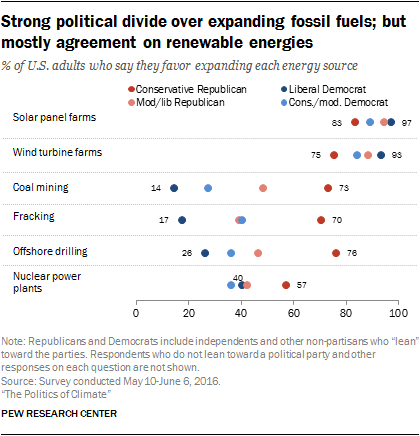
5. Coal ain’t coming back.
Despite Trump’s promises, coal isn’t coming back. It was largely natural gas, not the EPA, that edged coal from the power grid. Trump can’t revive coal without killing natural gas, which would be an uphill battle, to say the least, with his Republican colleagues.
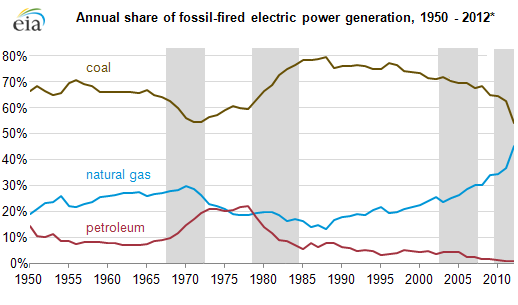
6. There is still strength in numbers.
There is something to be said for the strength of the environmental movement, which is full of passionate, driven, indefatigable people working their hearts out every day to guard our health and safety. If you need proof, look no further than Standing Rock, where protesters stood up to officers armed with tear gas, rubber bullets and sound cannons.
Climate reporter Eric Holthaus took to Twitter to remind his followers that “every pipeline we block, every coal plant we shut down, every solar panel built is a net win.”
“Don’t be tricked into thinking your actions to protect the climate we all share are meaningless under Trump,” he wrote. “You are more [important] than ever.”
Jeremy Deaton writes for Nexus Media, a syndicated newswire covering climate, energy, policy, art and culture. You can follow him at @deaton_jeremy.

